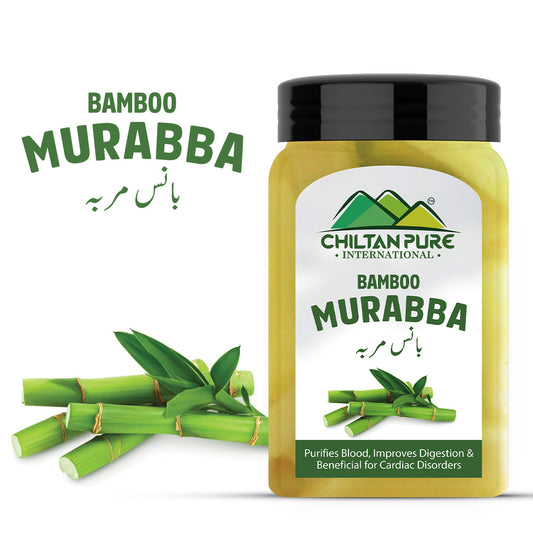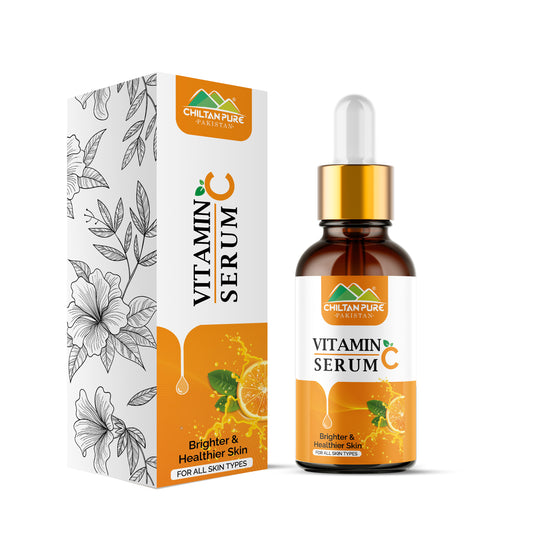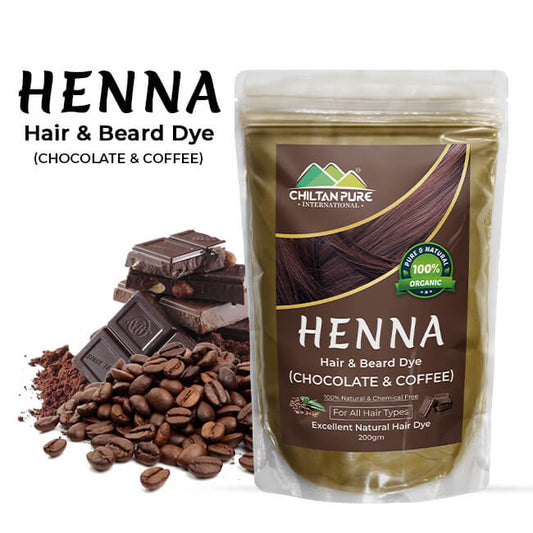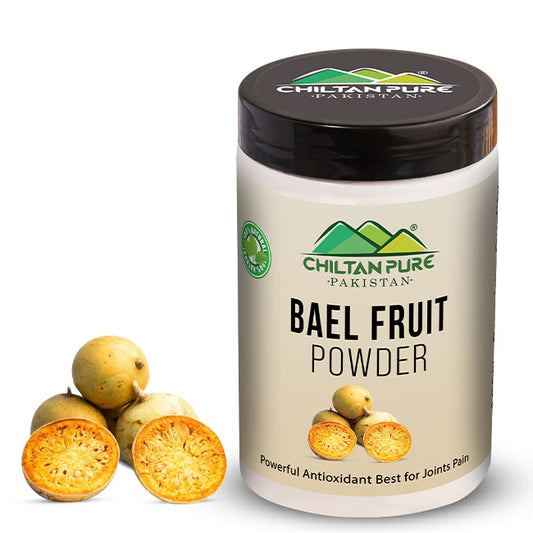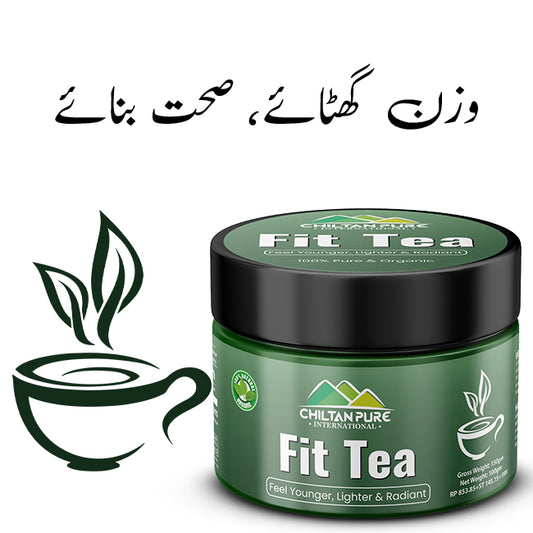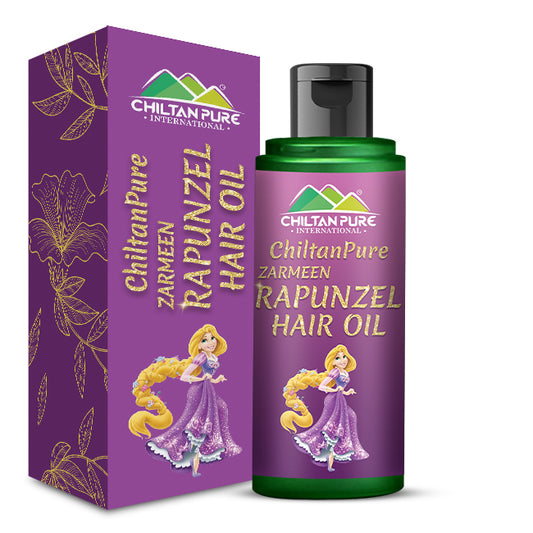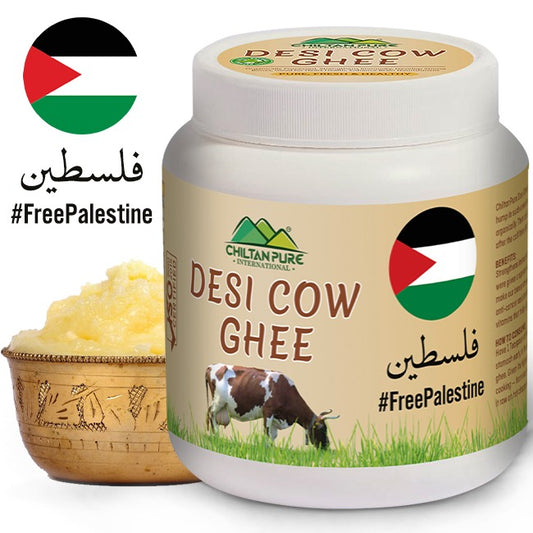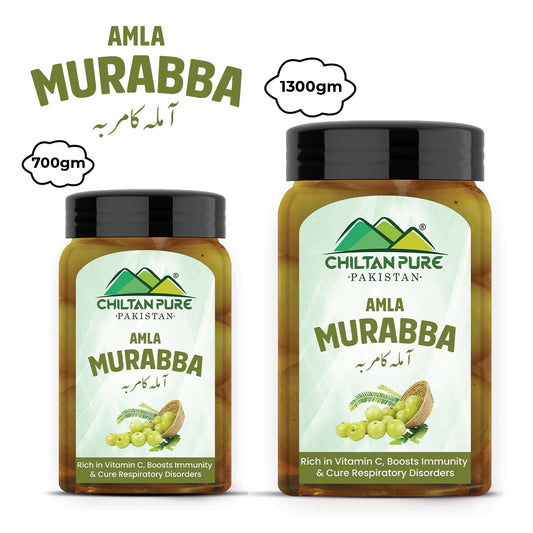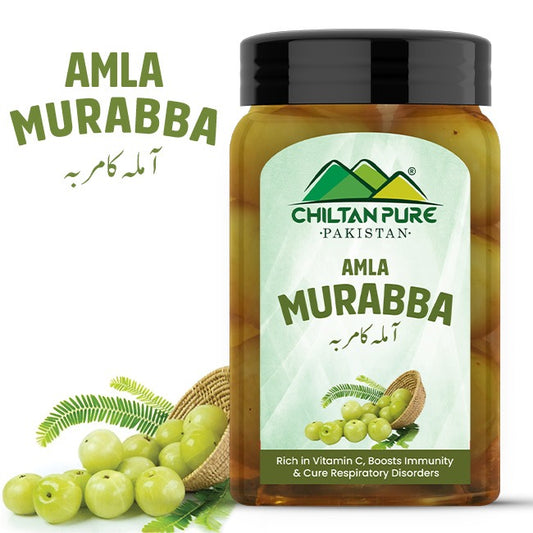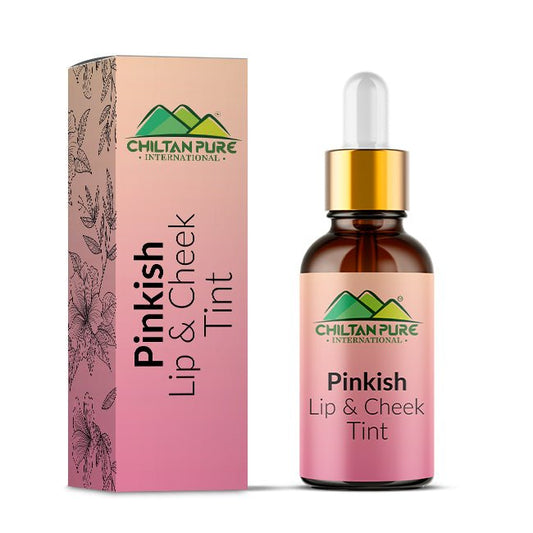Introduction
The monounsaturated fat content in almond butter is very high. The monounsaturated fats in your diet can help you decrease your "bad" LDL cholesterol while increasing your "good" HDL cholesterol. Almond butter's many beneficial components include some that aid heart health and reduce the risk of cardiovascular disease. Heart arrhythmias can be avoided with the use of omega-3 fatty acids. In addition to omega-3 fatty acids, plant organic compounds, and amino acids, almond butter is a healthy alternative. Plant sterols prevent cholesterol from being absorbed into circulation, while the former is essential to maintaining healthy eyes and brains. The amino acids aid in several physiological activities, from enhancing blood flow to facilitating waste removal via the kidneys.
Delicious Ways to Consume Almond Butter
• Try an unconventional jam, like fig, cherry, or rhubarb, to give a simple sandwich a gourmet flavor.
• Kids prefer this over maple syrup. Add banana slices with homemade chocolate syrup. You can also try Gluten-Free Buttermilk Pancakes.
• Serve with apples, pears, celery, and more fruits and vegetables.
• Simply combine it with gluten-free soy sauce, Coconut Amino Acids, and raw honey. Serve with chicken lettuce wraps or summer rolls.
• In a food processor, thoroughly combine almond butter and a few frozen bananas to produce a sugar-free dessert that is tasty and healthy.
• Start with a healthy granola recipe. If the granola bits are too large, pulse them for a few seconds in a food processor to reduce their size, and then combine one tablespoon of almond butter with one cup of granola or trail mix.
• Peanut butter cups purchased from a store include synthetic products and preservatives. Create your own almond butter for a healthier alternative. Try out these delicious Paleo "Peanut Butter" Cups.
What Are the Health Benefits?
Almond butter shares many health advantages with whole almonds due to its pulverized almond ingredient.

Almond butter may have a high-calorie count, but it also has many healthful nutrients:
Heart healthy
The monounsaturated fat content in almond butter is very high. These fats in your diet can help you decrease your "bad" LDL cholesterol while increasing your "good" HDL cholesterol. Almond butter's many beneficial components include some that aid heart health and reduce the risk of cardiovascular disease. Heart arrhythmias can be avoided with the use of omega-3 fatty acids. Plaque formation in the arteries may be slowed by vitamin E. Increased levels of amino acids in the blood have been linked to better arterial wall health. Almond butter's high concentration of omega-3 fatty acids has been shown to promote heart health and reduce the risk of cardiovascular disease by promoting a regular heart rhythm. Vitamin E prevents arterial plaque formation, and amino acids promote stronger artery walls.
Those who consume almonds and/or almond butter have a lower chance of developing cancer, heart disease, and the fatalities associated with diabetes, infections, and respiratory problems. Coronary heart disease risk was also reduced.
Enhance Bone Health
Unsalted almond butter has 60 milligrams of calcium per tablespoon, which is nearly 5% of the daily value.

Minerals like calcium are crucial to maintaining strong bones. The magnesium in almond butter also improves calcium absorption.
Protection Against Diabetes
Eating almond butter before a meal has been shown to reduce post-meal insulin and blood sugar spikes. Almond butter's magnesium content is another way to improve insulin sensitivity. Your chances of acquiring diabetes may decrease if you do this. Diabetics can benefit from eating almond butter. It's strong in protein, fiber, and good fats while low in carbs. You can control your post-meal spike in insulin and blood sugar by doing so. All of the study subjects were successful in cutting back on calories. Furthermore, it may improve insulin sensitivity in those at risk for developing diabetes.
Boosts Brain Performance
Almond butter is good for the brains of older people because almonds have a positive effect on cognition. Six months of eating three ounces of almonds per day resulted in considerable enhancements in visual memory, visuospatial working memory, and spatial planning in the study's participants.

There is evidence that Vitamin E helps delay the onset of cognitive-impairing diseases, including Alzheimer's and dementia. Alzheimer's disease can be slowed in those with mild to moderate symptoms by eating a vitamin-rich, well-balanced diet.
To manufacture neurotransmitter molecules, almond butter relies heavily on Vitamin B6. The levels of these substances in the brain have been shown to significantly increase intercellular communication. It has zinc, which strengthens the immune system and protects brain cells from germs and viruses.
Repairs cell damage
Antioxidants, such as those found in abundance in almond butter's Vitamin E, are essential for restoring cell damage caused by free radicals. The incidence of diabetes, obesity, and some malignancies are therefore lowered. The antioxidant chemicals found in almonds, such as flavonoids and polyphenols, are more abundant because almonds contain more Vitamin E than other tree nuts.
Beneficial To Cholesterol Levels
Almond butter is rich in monounsaturated fats that reduce LDL cholesterol, the type of fat that causes artery plaque to form (low-density lipoprotein).
Provides Appetite Control
Almond butter's high fiber content makes it a great appetite suppressant. Almonds were more effective than crackers at preventing hunger in the middle of the morning. This is because almond butter is a nutrient-dense food that digests slowly, making you feel full for longer than other snacks.
The presence of fiber, proteins, and monounsaturated fats in almonds may also contribute to a feeling of fullness and satisfaction. This makes almond butter a great investment for anyone trying to lose or manage weight.
Good Source of Energy
Several beneficial fats, including omega-3 and omega-6 fatty acids, may be abundant in almond butter. The human body can produce certain critical fats on its own, but not the omega-3 and omega-6 polyunsaturated fats crucial to our health. Regarding energy generation, omega-3 and 6 fats supply our body with extended, slow-burning fuel. This fuel is reserved for low to moderate activity lasting many hours or more. Fat is crucial in releasing glucose from glycogen stores during high-intensity exercise (glucose). Eating almond butter is a good way to ensure consistent energy levels throughout the day.
Excellent Source of Magnesium
Magnesium aids sleep, muscular contraction, and metabolism, among other functions. Magnesium deficiency, alas, is quite frequent.

You may get approximately 100 mg of magnesium by eating only two tablespoons of almond butter daily.
Supports Immune Health
Almond butter's fatty acids facilitate improved innate-to-adaptive immune system communication, which improves overall health. This is crucial because the innate immune system signals the adaptive immune system when a defense has to be mounted. This is a crucial move toward lowering systemic inflammation. Moreover, zinc may be found in almond butter. This food may protect against bacterial and viral illnesses and promote digestive wellness by bolstering the immune system.
Helps Balance Hormones
The fat in almond butter is vital for our hormonal health, just as it is for our energy and immunity. The proper functioning of our hormones is dependent on consuming healthy fats. Hormone production relies on omega-3 and omega-6 fats, which are abundant in almond butter. Cell membrane lipids regulate cellular traffic, and the endocrine factory operates within the cell. Hormone imbalances might result from not getting enough fat in the diet.
Increases Skin Health
Almond butter has a lot of Vitamin E, which is known to fight free radicals and reduce inflammation.

Most people know it for how well it makes their skin look and feel. Vitamin E also helps the body make collagen. This helps our skin stay smooth and healthy. Vitamin E can even help protect the skin from damage caused by the sun. Because of this, getting enough Vitamin E is important for your health every day. With just two tablespoons, you get more than half of the daily vitamin E you need.
Good For Your Gut
Prebiotics are types of fiber that feed healthy bacteria in your gut. In turn, all of these good bacteria make nutrients that keep your digestive system healthy.
Your health depends on having a healthy gut. It helps keep your immune system strong, boosts your mood, and stops many annoying (but not too serious) problems, like upset stomach, trouble sleeping, and weight gain.
FAQS
Is almond butter good to eat every day?
It's a calorie-dense food – just like the raw almonds it is made from but a little almond butter every day is an excellent way to add extra vitamins, minerals, antioxidants, and fiber into your diet.
Is it better to refrigerate almond butter?
The easiest way to prevent your almond butter from going bad and extend its shelf-life—by as much as twice as long is to pop it in the fridge. Keeping your almond butter in the fridge is especially important if you purchase nut butter without preservatives or if you like to make your nut butter.
Does almond butter raise blood sugar?
It helps Control Blood Sugar. Almond butter is good for people with diabetes. It is low in carbohydrates but high in fiber, healthy fats, and protein. This helps manage the rise of blood sugar and insulin levels after eating.
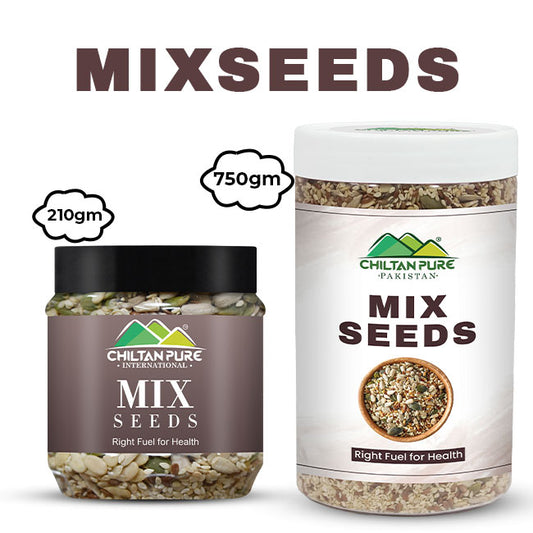

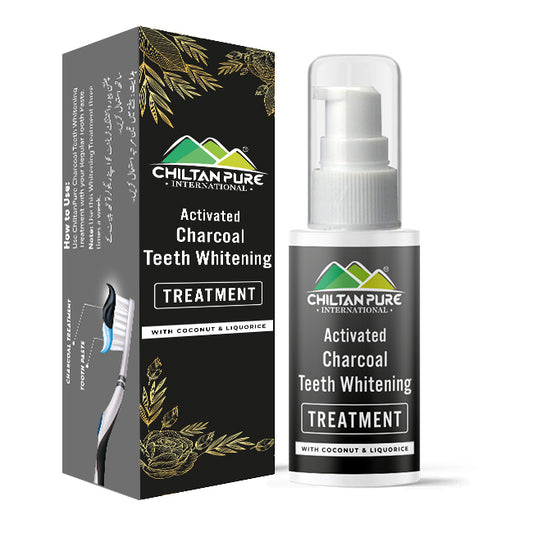

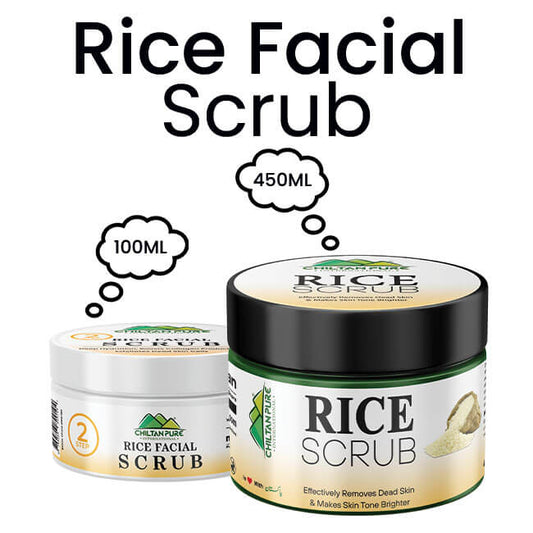

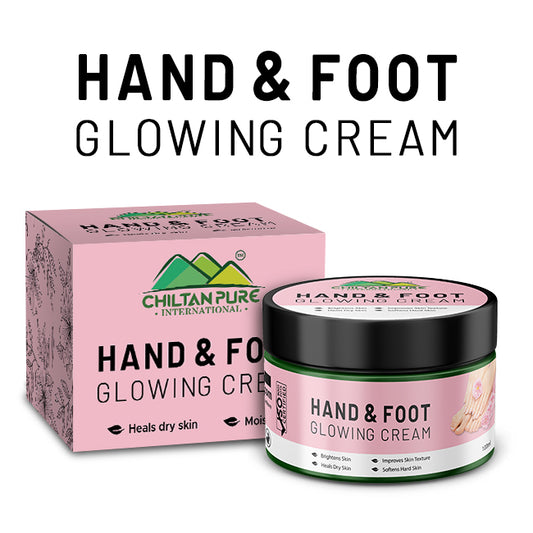

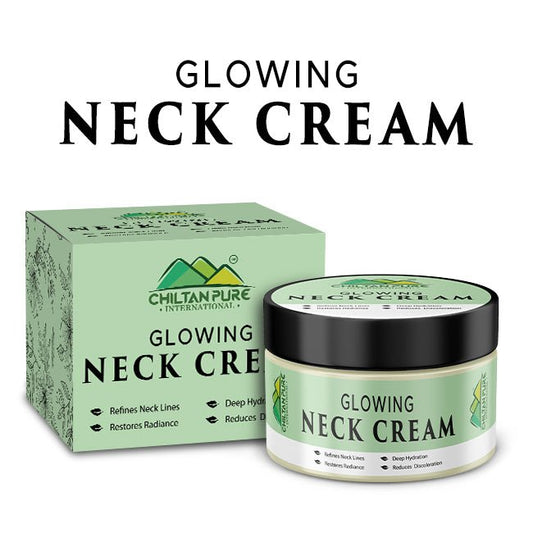

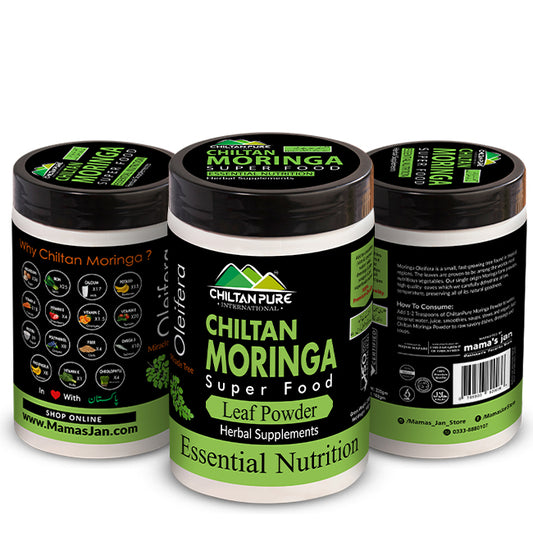

![Chia Seeds – Make Skin Glow, High in Fiber, Protein & Aid in Weight Loss [تخم میکسیکو]](http://mamasjan.com/cdn/shop/files/Chia-seeds-wb_1_533x.jpg?v=1739000274)
![Chia Seeds – Make Skin Glow, High in Fiber, Protein & Aid in Weight Loss [تخم میکسیکو]](http://mamasjan.com/cdn/shop/files/ChiaSeeds1_533x.jpg?v=1739000274)
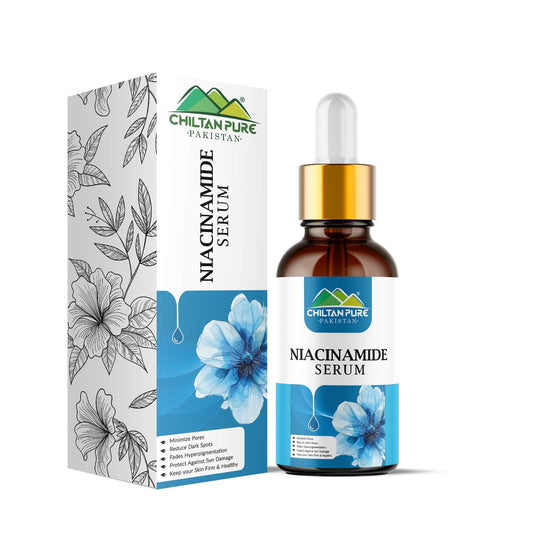

![Red Onion Oil 🧅 Reduces Hair Fall & Accelerates Hair Regrowth [پیاز کا تیل].. Trending.... 🔥](http://mamasjan.com/cdn/shop/files/Onion-Oil_533x.jpg?v=1707234402)
![Red Onion Oil 🧅 Reduces Hair Fall & Accelerates Hair Regrowth [پیاز کا تیل].. Trending.... 🔥](http://mamasjan.com/cdn/shop/files/shampoo-oil-4_3a0058c6-20d2-4f79-8050-19cf717015ac_533x.jpg?v=1708103599)
